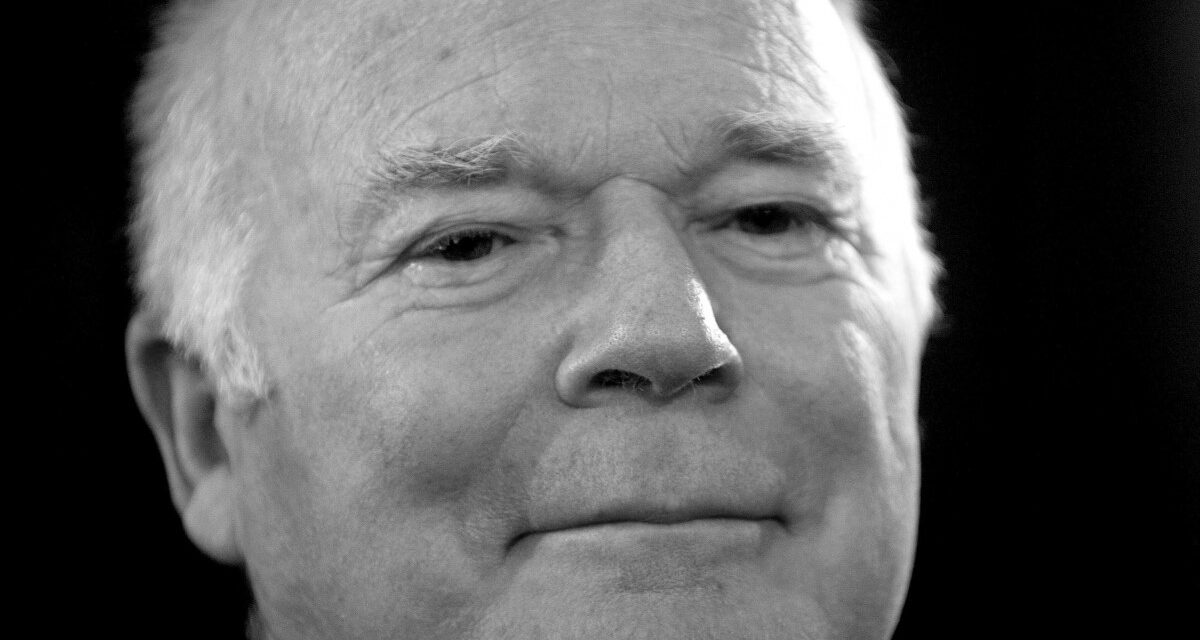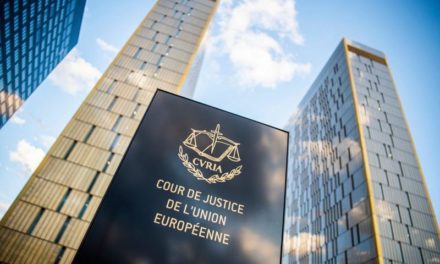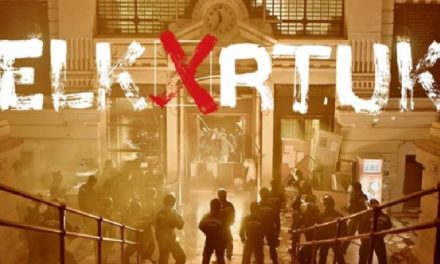György Moldova died on Saturday at his home, surrounded by family, his daughter, Júlia Moldova, told MTI on Saturday. "We will preserve his pure and fearless spirit, his writings, his faith, his loyalty to principles will remain with us and with all of us who read him, " he wrote in the statement.
György Moldova was born on March 12, 1934 in Budapest. He graduated from the Szent László High School and then studied dramaturgy at the College of Theater and Film. He was only able to receive his diploma in 1986: after passing his state exams in 1957, he wrote a drama about the Rajk trial as his thesis, which he read to his class teacher, Gyula Háy. However, Háy was arrested during the march for his role in the 1956 revolution and freedom struggle, and the new headmaster insisted that Moldova change the subject. He was not willing to do that, and after leaving college, he became a miner, then he tried several manual jobs, he was a gardener, a cannery worker and a correctional institution educator, so he got to know life from a lower perspective. He was just a boiler mechanic when he was sent to a film factory for a job, where his friends persuaded him to write a screenplay. Love Thursday was seen by more than a million people, and Moldova stuck there as a dramatist, he was a freelancer from 1964.
His first book, The Foreign Champion, was published in 1963.
and made him an instant crowd favorite. He then published books, from the mid-sixties he worked for the radio cabaret, in the mid-eighties he worked for the tabloid Ludas Matyi and the daily newspaper Magyar Nemzet. He was an extremely prolific writer, more than half a hundred fiction books and more than thirty reportage books were published, more than ten million books written by him were sold, and several of his plays were presented.
The popular theme of his early narratives was the world of the suburbs, in his later novels heroes fueled by moral fervor express their moral judgments. He also elaborated historical themes, for example The Forty Preachers about Protestant preachers who suffered galley rage for their faith, The Diary is about the life of Che Guevara. In his satires and volumes of aphorisms, he lashed out at social vices and the corruption of public life.
His greatest success was perhaps his reportage novels and sociographic writings. He collected the material for these with tenacious investigative work, sometimes spending months in the given area. Respect for Komló, Who was hit by the smoke of the locomotive, The Holy Cow, The Watchman's Complaint, The Prodigal Beggar, The Sin of Life appeared as a revelation in its time - the latter was also suspected of racism. His judgment is mixed: many saw him as a critic of the former system, others - especially in retrospect - believe that he was more of an apologist for it, questioning his sociological methods and resource management. Moldova has never been a member of any political party, but he has never hidden his leftist sympathies. For example, his work on János Kádár caused quite a storm, and his radical statements also caused a great stir:
he vehemently denied the crimes of the former party general secretary, whom he also called a "proletarian saint".
The writer who played football the most in the world, he was the right-back of Szocréal and later Hunreal, according to his words, because it didn't require intelligence, only strength.
He received the József Attila Award in 1973 and 1978 (he did not receive the award in 1957), in 1983 he was awarded the Kossuth Award, later he received the Prima Primissima Award, the SZOT Award, the Lajos Nagy Award , the Maecenas award, the Karinthy ring, the MSZOSZ award and the Golden Síp for an honorary railwayman. The jokes of his humorous stories read in the radio cabaret became speech; according to his words, two streets were named after him during his lifetime: Szép utca and Mester utca.
MTI
Opening image MTI












